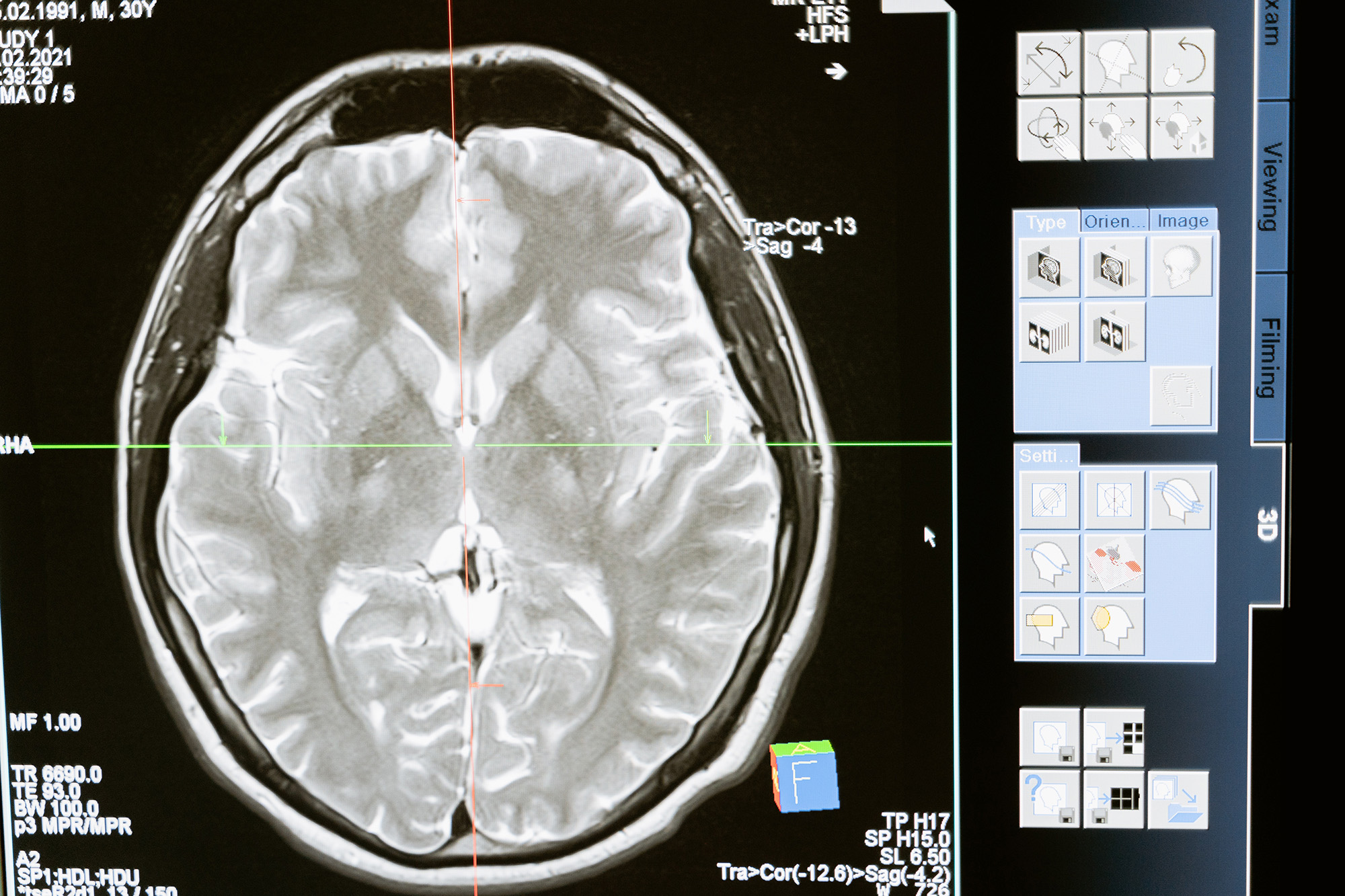Traumatic brain injury (TBI) is a severe medical condition that affects millions of people worldwide. It occurs when an external force causes damage to the brain, leading to a range of physical, cognitive, and emotional impairments.
Introduction
Learning disabilities affect millions of individuals worldwide, making it crucial to prioritise professional care to help them overcome challenges and reach their full potential. In this blog post, we will explore the importance of professional care, the role it plays in supporting individuals with learning disabilities, and the various approaches used to enhance their educational experience.
- Understanding Learning Disabilities
To provide effective professional care, it is vital to have a clear understanding of learning disabilities. Learning disabilities are neurologically-based processing disorders that impact an individual’s ability to acquire, organise, retain, and utilise information effectively. These disabilities can affect various areas, such as reading, writing, maths, and comprehension skills.
- The Importance of Professional Care
Professional care for learning disabilities is crucial as it provides individuals with the necessary tools, strategies, and support to overcome the challenges they face. It helps them develop essential skills, build self-confidence, and foster independence. Professional care also ensures that individuals receive personalised attention and tailored interventions that cater to their specific needs.
- Roles and Responsibilities of Professionals
A multidisciplinary team of professionals plays a vital role in providing comprehensive care for individuals with learning disabilities. Some key professionals involved in the care process include:
- a) Special Education Teachers: These educators specialise in creating individualised education plans to address specific learning needs. They employ various instructional strategies, assistive technologies, and accommodations to support students in reaching their academic goals.
- b) Speech and Language Therapists: These professionals work with individuals to improve communication skills, auditory processing, and speech articulation. They help develop language skills, enhance comprehension abilities, and promote effective social interaction.
- c) Occupational Therapists: Occupational therapists focus on enhancing individuals’ fine motor skills, sensory integration, and visual perception. They help individuals develop essential skills for daily activities, such as writing, dressing, and self-care.
- d) Psychologists: Psychologists play a crucial role in assessing and diagnosing learning disabilities. They provide counselling and support to individuals, helping them navigate challenges, develop coping strategies, and build resilience.
- Approaches to Professional Care:
Various approaches and interventions are utilised to provide professional care for individuals with learning disabilities. Some common approaches include:
- a) Individualised Education Plans (IEPs): These plans outline specific learning goals, accommodations, and support services tailored to meet the individual’s needs. IEPs ensure a structured and inclusive educational environment.
- b) Assistive Technologies: Assistive technologies, such as text-to-speech software, speech recognition tools, and adaptive learning platforms, empower individuals to access information and participate fully in educational activities.
- c) Multi-Sensory Instruction: This approach engages multiple senses to enhance learning. By incorporating visual, auditory, and tactile elements, individuals with learning disabilities can better process and retain information.
- d) Social and Emotional Support: Professional care also encompasses the provision of social and emotional support. This can include counselling services, peer support groups, and fostering a positive and inclusive school environment.
Conclusion
Professional care for learning disabilities is essential for empowering individuals to overcome challenges and thrive academically, socially, and emotionally. By utilising various approaches and involving a team of dedicated professionals, we can ensure that individuals with learning disabilities receive the support they need to reach their full potential. Let us work together to create an inclusive society that celebrates the unique strengths and abilities of every individual, regardless of their learning differences.



